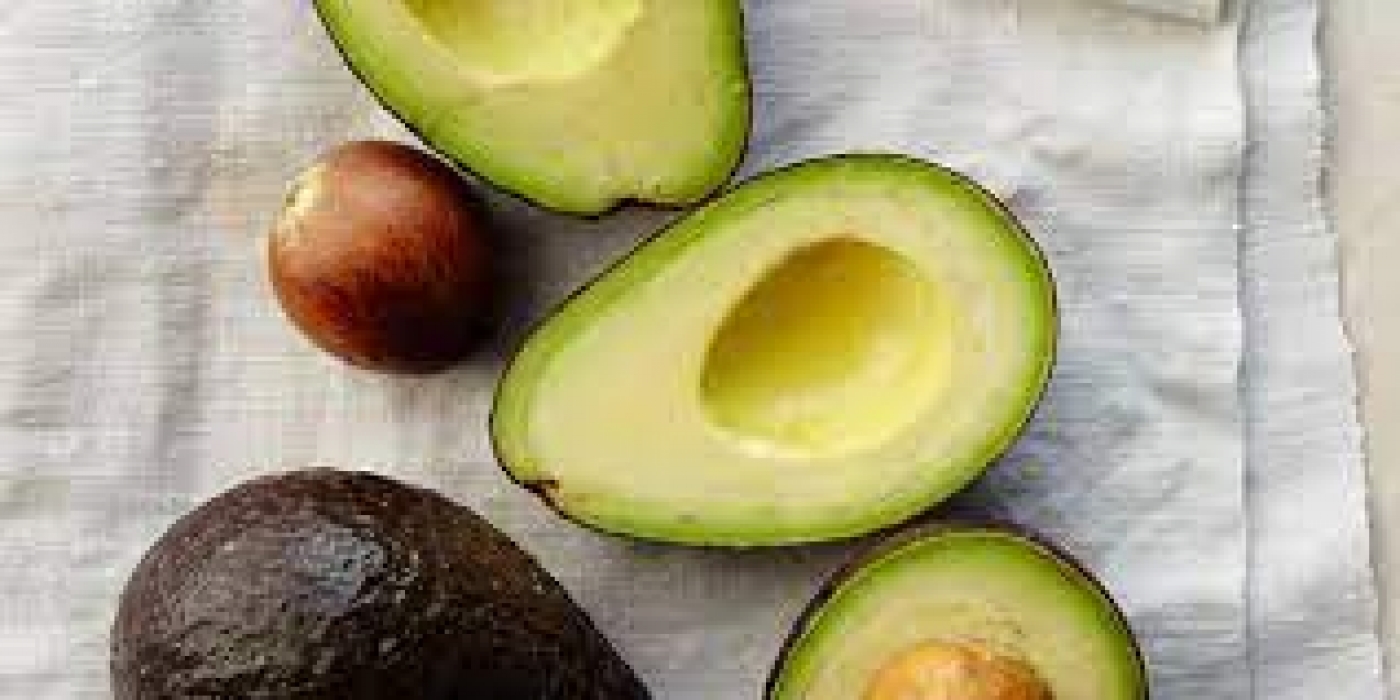“Our study provides further evidence that the intake of plant-sourced unsaturated fats can improve diet quality and is an important component in cardiovascular disease prevention,” said Dr. Lorena Pacheco, the lead researcher and a post-doctoral research fellow in the school.
She added, “These are particularly notable findings since the consumption of avocados has risen steeply in the U.S. in the last 20 years, according to data from the U.S. Department of Agriculture.”
Explaining the methodology adopted, the researchers explained that for 30 years, they followed more than 68,780 women from the Nurses’ Health Study and more than 41,700 men from the Health Professionals Follow-up Study.
“All study participants were free of cancer, coronary heart disease and stroke at the start of the study and living in the United States. Researchers documented 9,185 coronary heart disease events and 5,290 strokes during more than 30 years of follow-up.”
“Researchers assessed participants’ diet using food frequency questionnaires given at the beginning of the study and then every four years. They calculated avocado intake from a questionnaire item that asked about the amount consumed and frequency. One serving equaled half of an avocado or half a cup of avocado,” they stated.
According to them, the outcome of the study revealed that participants who ate at least two servings of avocado each week had a 16 per cent lower risk of cardiovascular disease and a 21 per cent lower risk of coronary heart disease, compared to those who never or rarely ate avocados.
Dr. Pacheco said noted that the results provided additional guidance for health care professionals to share and offer the suggestion to “replace certain spreads and saturated fat-containing foods, such as cheese and processed meats with avocado. This is something physicians and other health care practitioners, such as registered dietitians can do when they meet with patients, especially since avocado is a well-accepted food.”
The study also aligned with the American Heart Association’s recommendation to follow the Mediterranean diet, a dietary pattern focused on fruits, vegetables, grains, beans, fish and other healthy foods.
“These findings are significant because a healthy dietary pattern is the cornerstone for cardiovascular health. However, it can be difficult for many Americans to achieve and adhere to healthy eating patterns,” said Cheryl Anderson, the chair of the American Heart Association’s Council on Epidemiology and Prevention.
PUNCH Healthwise had reported that Avocados contain unsaturated fat, which makes them a healthy substitute for butter or margarine.
A registered nutritionist, Folashade Babatunde, had urged Nigerians to embrace the consumption of avocado and peanut butter, noting that spreads like avocado and homemade peanut butter are healthier because they do not contain saturated fat.
Source: HealthWise







